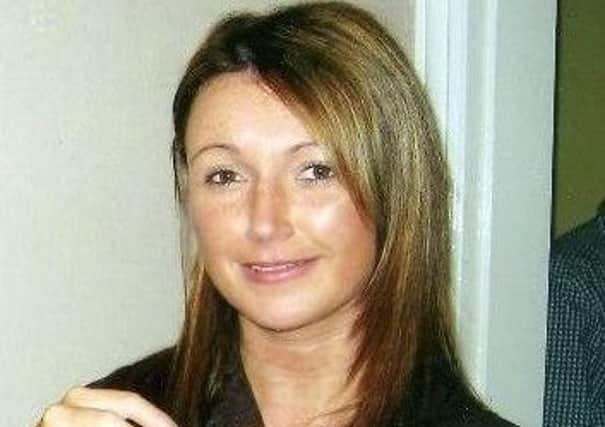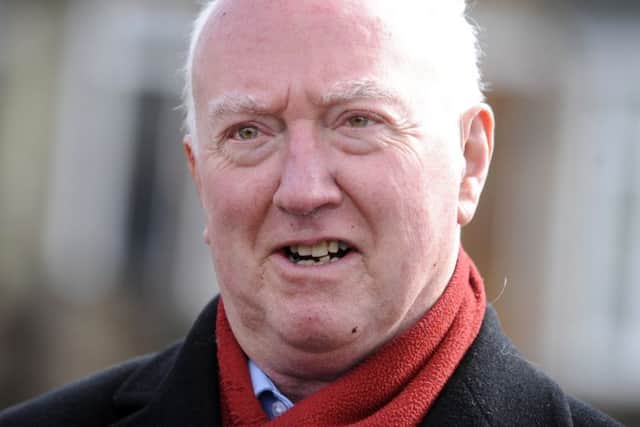Sarah Young: Claudia Lawrence case highlights how Government is leaving families of missing people in limbo


Claudia Lawrence was a 35-year old chef when she went missing in York in 2009. She was believed to have been murdered but this was never proven. For her family, the trauma of her disappearance was compounded by the fact that they had no right to manage her financial affairs.
Claudia’s father, Peter Lawrence, has since campaigned on behalf of the families of missing people. Once the Guardianship Act does come into force, a person can apply to become the guardian of the estate after 90 days have passed. The court must be satisfied that the guardian is a suitable person to act in that role.
Advertisement
Hide AdAdvertisement
Hide AdThis is not a small problem. My firm recently asked all police forces how many adults had been reported missing to them in 2017. The total was just shy of 100,000 and around 10 per cent of those were reported missing to Yorkshire forces.


Typically, more men than women went missing, and that echoes with the cases I am involved in. Often someone has gone missing when hiking, sometimes abroad. Other cases sadly involve suspected suicide or murder. Here the circumstances of the disappearance are unclear, this can lead to hope that the missing person is still alive – and perhaps have lost their memory or have mental health issues.
Whatever the reason for an adult to go missing, the problems for families that have been left behind are significant; homes are repossessed and bank accounts run into overdraft because no one has the authority to act. It is hugely distressing for families for whom the hope of their loved one returning is real.
I have been advising relatives of missing people for many years and this Act is urgently needed to help those who still have hope and reason to believe their loved ones are alive. Unfortunately, the Ministry of Justice has indicated that the necessary rules of court will not be published until October 2018 at the earliest – and possibly not until April 2019.
Advertisement
Hide AdAdvertisement
Hide AdThis isn’t something that can wait. We currently lack a legal mechanism for relatives to step in and look after a missing person’s property and finances while there is still hope they will return. As it stands, families must navigate the bureaucratic nightmare of financial institutions that are currently unable to legally recognise anyone who wants to manage a missing loved one’s affairs.
The stress and anxiety of not knowing what has happened to their loved one is compounded by being unable to take any practical steps at all to manage their finances. This problem is particularly acute when a missing person owns property jointly; the left behind joint owner of a property cannot sell or re-mortgage, and is often left struggling to cope financially as a result.
Until the Guardianship Act actually comes into force, family members have no other option than to apply for a declaration of presumed death if they want to prevent a missing loved one’s property being repossessed or a bank account going into overdraft.
The Guardianship Act would have been particularly helpful in a case involving a Huddersfield man, Steven Cooper, who went missing on his 47th birthday on January 21, 2008. His family remain convinced that Steven is alive.
Advertisement
Hide AdAdvertisement
Hide AdHowever his partner, Claire Lodge, owned a property jointly with Steven and was trapped in it; unable to sell or remortgage it without a declaration of presumed death. The case ended up in a trial in front of a High Court judge in 2016 when an order was made against the family’s wishes.
It is incredibly frustrating for those of us who celebrated the introduction of the Guardianship Act to now learn that it could be another year before we can begin using it to help people. We need the Guardianship Act enabled now, not another year later. I have written to the Lord Chancellor, David Gauke MP, to ask him to prioritise implementing the Act, and I urge others to do the same and share their stories with him.
Sarah Young is partner at Ridley and Hall solicitors in Huddersfield, with particular expertise in cases involving missing people.